Research on ANFPP in an urban setting gets global recognition
Luciana Massi says it feels great to see her first PhD article in print. She is looking forward to her next one.
The groundbreaking findings of a study on the Australia Nurse-Family Partnership Program (ANFPP) in an urban setting have been published this year in the International Journal for Equity in Health.
The paper is called ‘Improving interagency service integration of the Australian Nurse Family Partnership Program for First Nations women and babies: a qualitative study’.
The lead author, Luciana Massi is a PhD student with the Molly Wardaguga Research Centre at Charles Darwin University, which runs the ANFPP National Support Service. This is her first PhD article.
Effective service integration is key
Luciana and her colleagues interviewed 26 clients, 47 staff and three Elders/family members from Brisbane for the study.
The researchers found that effective service integration was essential to maximize access and acceptability of the ANFPP.
“There are some studies on the ANFPP in Central Australia already," says Luciana.
"But we felt it would be very valuable to talk about the context in which the ANFPP functions here in an urban setting in south-east Queensland as part of the whole suite of services that are available for mothers-to-be and babies – to just really look at how and what’s working alongside the other services that women would be accessing at that time.”
What's working and what's not
The article details several barriers and enablers to interagency integration.
"Enablers were knowledge and promotion of the program, cultural safety and case coordination, co-location and partnership forums.
"Barriers include confusion around program scope, duplication of care, and tensions over ‘ownership’ of clients.
“We were lucky enough that in our study we were able to talk to a lot of referral agencies and the other maternal and infant health programs - that informed a lot of what was in that paper.
"We tried to get to the bottom of the way they related and what they thought of the program and whether that would make them more likely to refer women to it.”
An important time of life
Luciana says the study has had a big impact on her.
“It is such an important time of life - pregnancy, birthing and being a first-time mother.
"Also, being a mother and having gone through that once myself, I think the women’s transformations with the program has been what’s really stuck with me."
Powerful testimonies
“The staff interviews have some beautiful stories and having that and the women’s voices is such a powerful testimony to what they’ve gone through and what it means for them and their baby.
"That’s always been a really lovely part of this work and the fact I am so attached and immersed in the data.
“I think the home visiting teams are amazing - that they make such a difference, such important work they’re doing - and it’s based on the relationship with mums and bubs, and it’s priceless."
Making a difference to families and communities
“So, with my PhD I'm just hoping to contribute to that evidence base to show that the program does work in many ways that it’s designed to, but obviously there’s room for improvement.
“ANFPP is a government funded program that hopefully will keep going. It’s one of those that will have that longevity to make a difference to not just mothers and babies, but to families and communities.”





